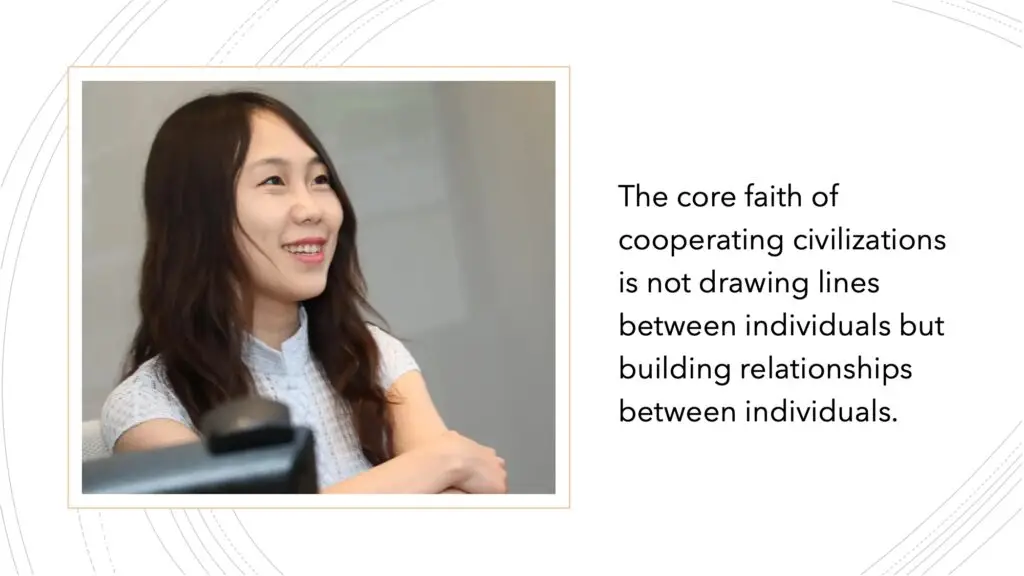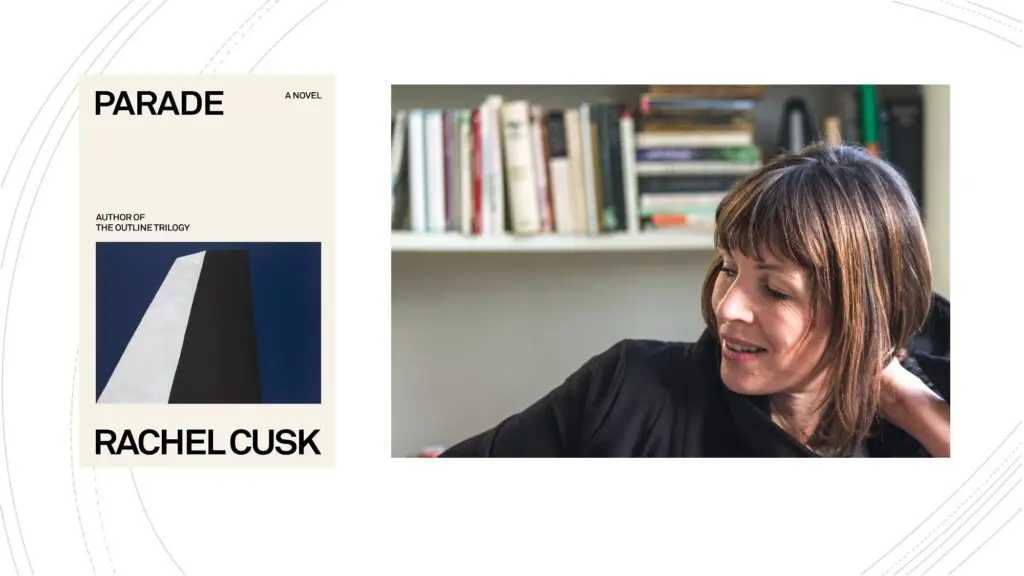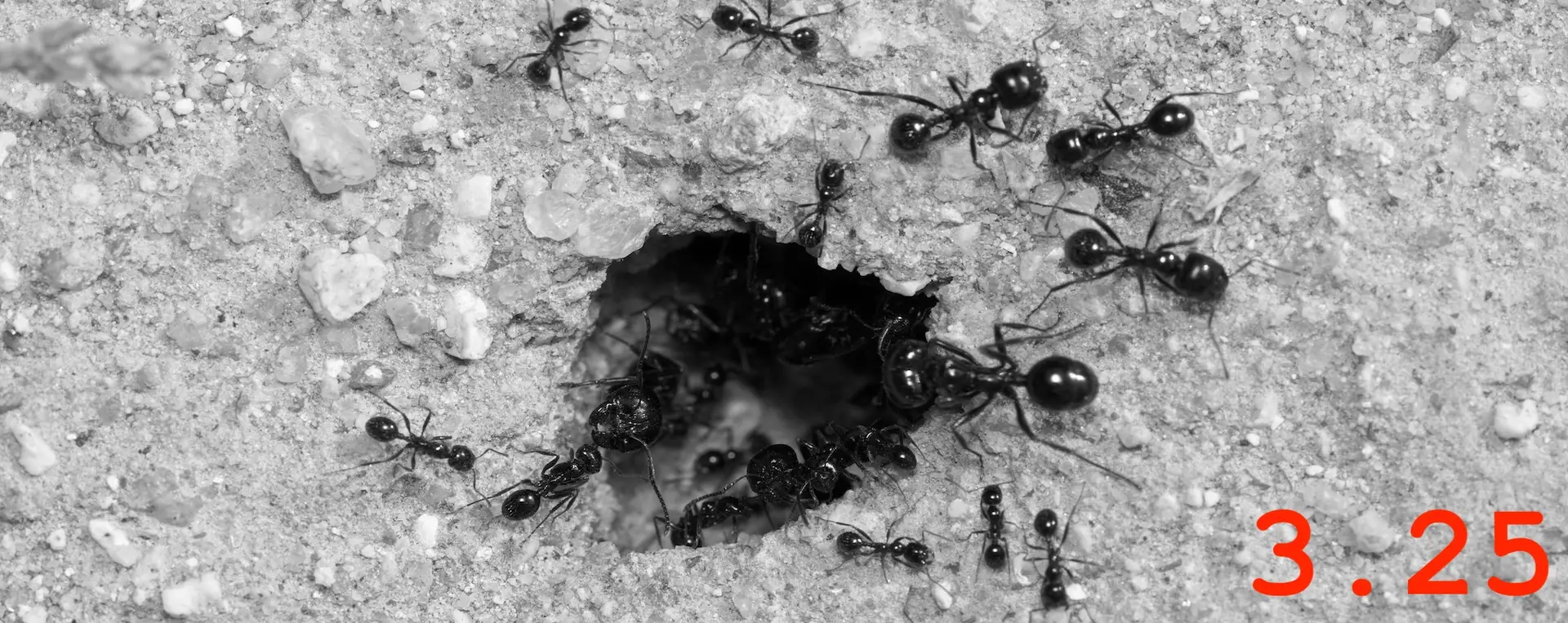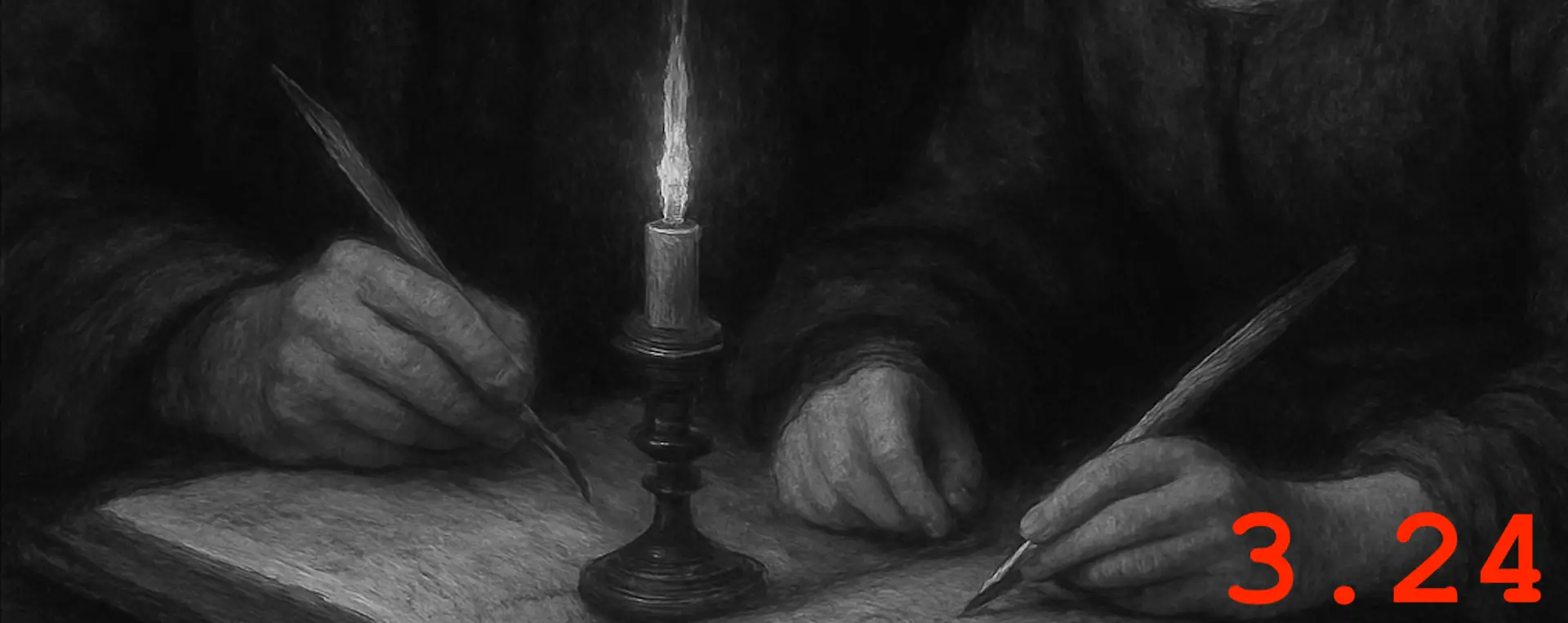Thought leadership should be fun, fast, and fearless. You tap into excitement about new ideas and advocate for something better. That’s the mindset behind The Idea Sled. Projects glide forward gracefully. It’s the momentum of commitment. This newsletter shows you how.
Thought leaders may not have the wide range of innovation of speculative fiction or the stylistic possibilities of literary fiction. But we can always aim to think more radically and deliver our ideas with more power.
This week’s featured work highlights radical thinking and powerful sentences. However, there’s another layer to it—while thought leadership focuses on ideas, it arguably must provide a level of emotional and relational truth tied to the way we transform people’s understanding and influence their high-stakes decisions. These stakes are not civilizational or existential, but they certainly do matter.
After reading Hao Jingfang’s Vagabonds (translated by Ken Liu) I couldn’t resist reading more of her work. Her second novel is Jumpnauts. An alien civilization on the cusp of “Level Eight” has spent millennia systematically and secretly upgrading human civilizations to bring humanity up to “Level Three.”
Now, in a world divided into conflict between Atlantic and Pacific military groups, it’s time for a direct encounter.

The novel covers everything from theories of civilization to competing classical Chinese philosophical systems to blockchain and AI. The ultimate message is that collaboration is always superior to domination.
“Relationships. The bond between two individual minds is the best guard against the temptation to devour. The distinction between a relationship and a border is this: the first makes both stronger, but the second requires the gain of one to come at the expense of the other.”
It’s not much of a leap to turn this into a principle for thought leadership. The focus is on relationship and exchange, not the devouring of attention.

“For a civilization to climb up the stages of development, it must periodically upgrade its entire intellectual power, its capacity for information exchange. There are two ways to achieve this upgrade in intellectual power. One relies on increasing connections between individual minds within a civilization, forming ever more complex information networks that augment the overall creation of new information by orders of magnitude. In contrast, the other way depends on ever-escalating competition within a civilization, until some individual finally gains the power to devour the mental energy of other individuals by dominating and controlling them, thereby expanding the boundary of that individual’s consciousness. The result is the psychic analog of a nuclear chain reaction: the more mental energy that individual devours, the stronger it becomes. In the end, a single individual mind can devour the mental energy of a whole planet, and one mind controls all bodies. Such a singular civilization-mind is so powerful that it can, by itself, open wormholes and invade other universes, where it then continues its path of conquest and assimilation. In the first few stages of civilizational development, such conquest can feel incredibly satisfying and seem ‘efficient.’ But the cosmos is so grand that there are an infinite number of universes. The longer this path of expansion continues, the harder it becomes. Moreover, a devouring civilization is a single mind, which means it lacks the ability to generate new ideas. The inevitable consequence of continuous expansion is the drying up of new information.” — Hao Jingfang

British novelist Rachel Cusk has a terrifying ability to compose sentences that tell entire stories—shocking turns in just a few words. In Parade, multiple artists and writers named G, who may or may not be facets of each other, confront the nature of creativity, artistic work, and external events.
A few highlights:
His was the type of strength not to withstand attempts to poison and destroy him but rather to absorb them, to swallow the poison and be altered by it, so that his survival was not a story of mere resilience, but was instead a slow kind of crucifixion that eventually compelled the world to chastise itself for what it had done to him.
Her life is one of a continuous but diffuse momentum, like that of an ocean liner crossing seas with no visible landmark by which to gauge its progress. The movement, the progressing vessel, is her husband, and it has been easy, yes, easy and frequently scenic, absorbingly so, just as it is for the passengers on the ship’s deck watching the sun rise and set over the water, seeing new colours and lights at the world’s rim with an exalting sense of privilege at their witnessing of these things, then at other times weeks of storm and rain when they huddle inside and amuse themselves.
I was thinking of the virtues of difficulty and of how people who can find no reflection of themselves in their own circumstances might require proof of some boundlessness to the human soul, some distant and inaccessible goal toward which it reaches – might need to see the record of those attempts and to realise how far people have been prepared to run the risk of not being understood in making them. Not to be understood is effectively to be silenced, but not understanding can in its turn legitimise that silence, can illuminate one’s own unknowability.
She seemed to want and welcome debility: perhaps it was a way of drawing attention to the site of contention that was her body. Her personality, so dominant, was as though clad in the statement of its own ultimate disempowerment. She offered her flesh as another person might offer their beauty. This flesh was a sort of outcome, the result of all the things that had been done to her body during her life, whether by herself or others. Inexorably, year by year, she lost her shape. Her formlessness became a sort of challenge to the notion of form itself and to conformity. She discovered that she could use this non-conformity to control what people expected her to do and therefore what they were able to do themselves. In this sense her formlessness was the active counterpart of her beauty. When she had possessed beauty, her management of outcomes had been far less successful.
There’s always value in considering creative practice as one dimension of thought leadership. Cusk’s prose is arguably too dense for most thought leadership writing, but there’s also something to admire and aspire to in modeling her ability to get individual sentences to do so much work—it’s the power of compression, tension, and surprise.
Note: The links above are affiliate links. I’m using them in lieu of paid subscription tiers or digital tip jars. Seems like a much more graceful way to generate financial support while sharing more thinking and writing that can guide thought leadership.




